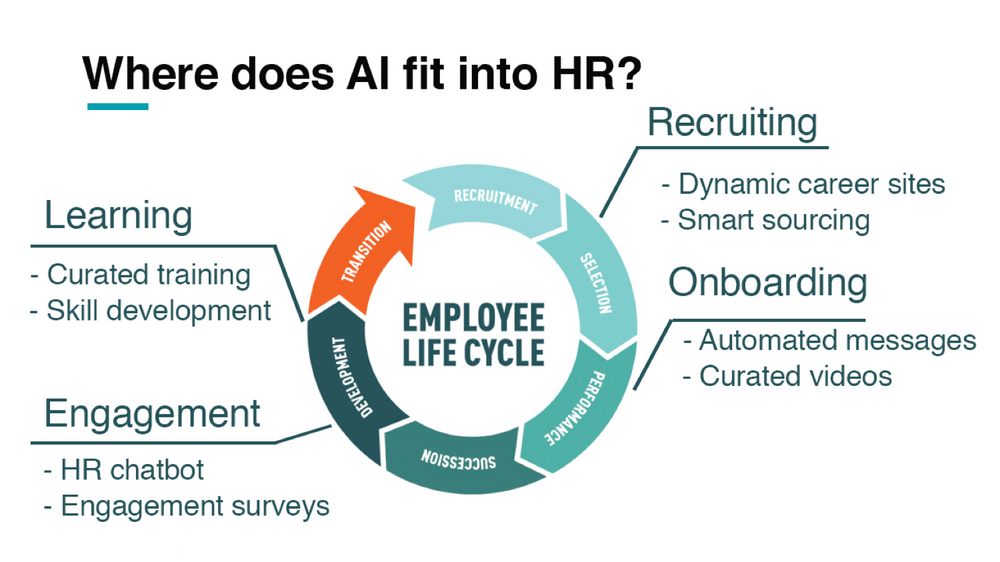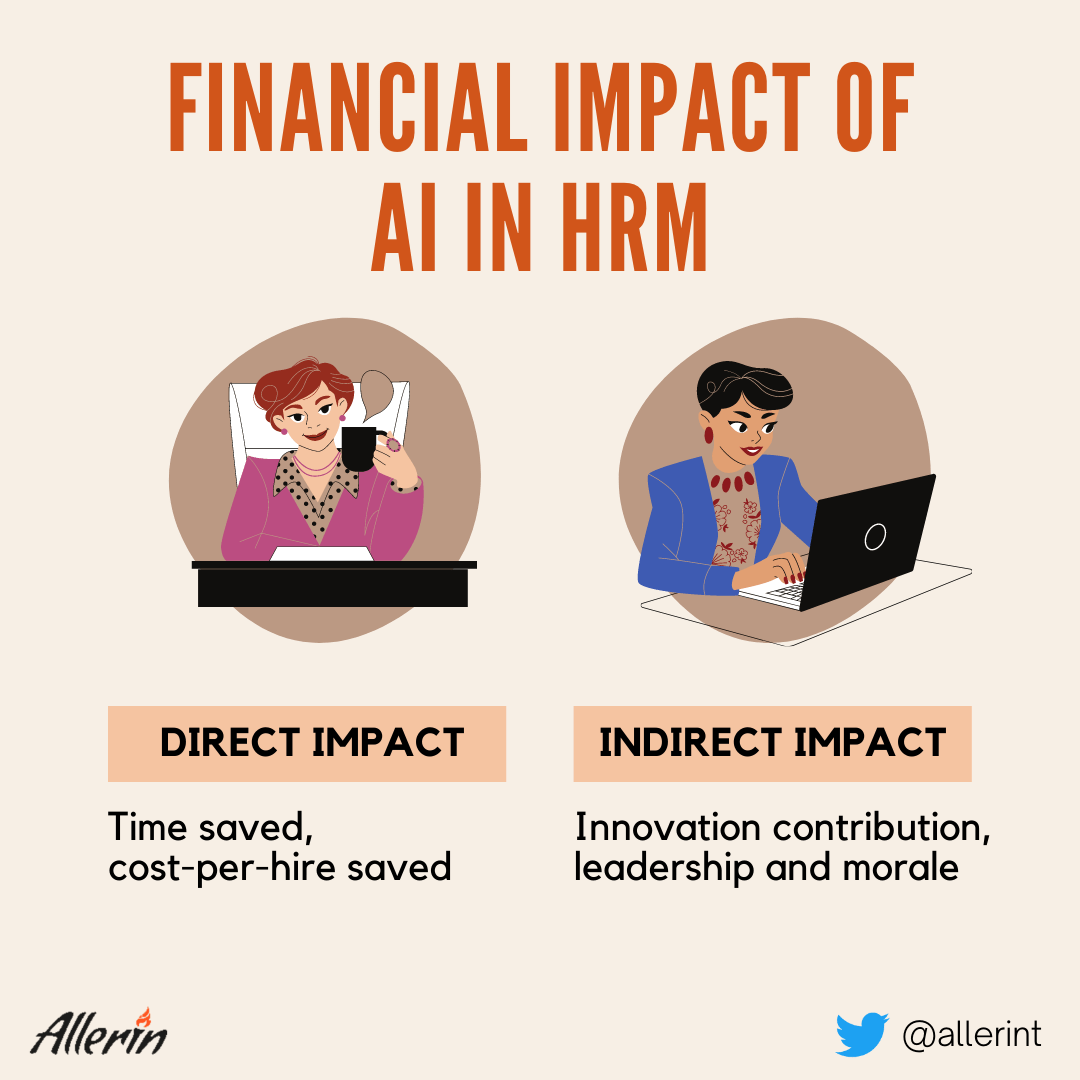
Assessing The Financial Impact of Artificial Intelligence In Human Resource Management
Artificial intelligence (AI) can eliminate repetitive tasks, accelerate talent search, reduce employee attrition and improve the engagement of workers.
Modern organizations are leveraging AI in the post pandemic era to improve the daily operations of their human resource management (HRM).

While the debate on whether AI will replace human resources or not rages on, the more forward-thinking organizations have already started preparing for the age of automation. They are broadly in agreement that AI will do more good than harm for both employers as well as employees. In line with this attitude, these organizations are well on their way to leveraging AI technology to support and empower their human workers. The most obvious way they are doing this is by using AI for HR management.
However, despite the consensus that the use of AI for HRM applications is beneficial, there is a lack of clarity in gauging the true impact of using the technology.
Measuring the Impact of Using Artificial Intelligence in HRM
To have a clearer picture of a tool’s impact, businesses need to look at the cascading effects of the gains in efficiency and convenience. One of the things that businesses ignore while analyzing the returns on an AI-based HRM project is the value of innovation that is a direct result of using the technology.
Quantifying the Value of Innovation With Artificial Intelligence
It has been stated countless times that when AI automates most jobs, humans will only be required to perform high-value tasks that involve creativity and innovation. The ability to create and innovate in certain domains is often only possessed by a few. Assessing such abilities is extremely hard even for the most seasoned recruiters. While AI can’t exactly identify the best candidate with absolute certainty, it definitely makes the job of doing so less error-prone. As a result, employers using AI in recruitment can hire the right kind of people for every job.
While selecting ideal candidates is undoubtedly hard, quantifying the value of an ideal or near-ideal employee is even harder. This is especially the case when such employees work together to make revenue-boosting innovative breakthroughs for the organization. Businesses must consider this kind of value addition when assessing the return on investments in AI for HRM operations. Similarly, businesses can look at other areas where the recruitment or retention of valuable employees leads to financial gains while evaluating the impact of not just AI but also other technologies.
Trending
-
1 Building a Strong Financial Foundation: Saving, Investing, and Retirement Planning
Daniel Hall -
2 Franchise Investment Pitfalls to Avoid: A Beginner's Checklist
Daniel Hall -
3 Why Selling to an iBuyer Could Be the Best Move for Your Home
Daniel Hall -
4 Financial Tips for Businesses: Reducing Expenses Without Sacrificing Quality
Daniel Hall -
5 9 Tips to Help You Secure a Graduate Job in Finance
Daniel Hall






Comments